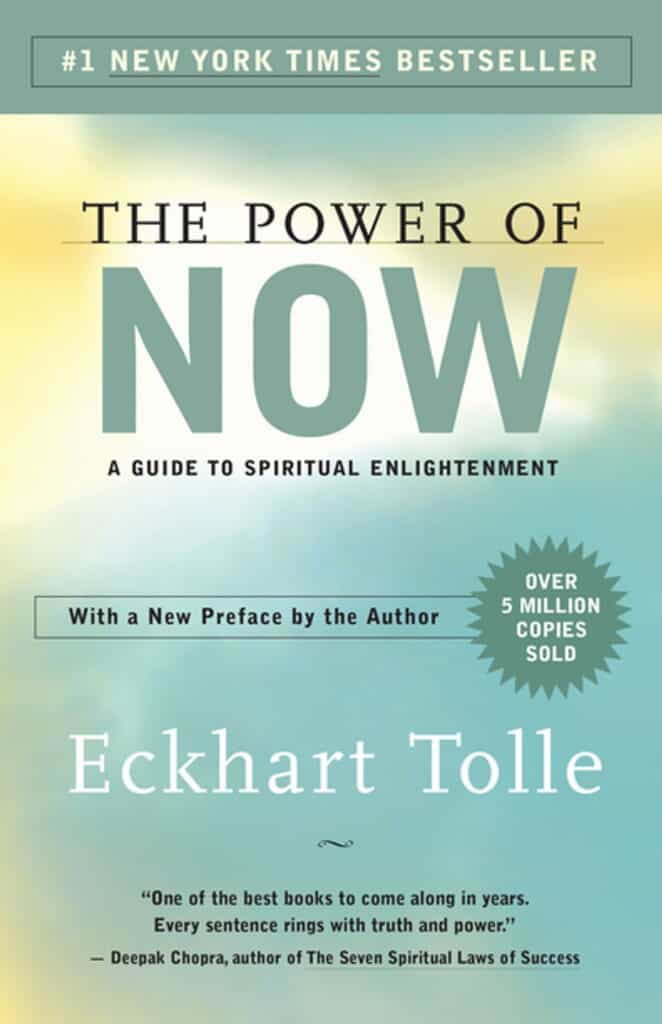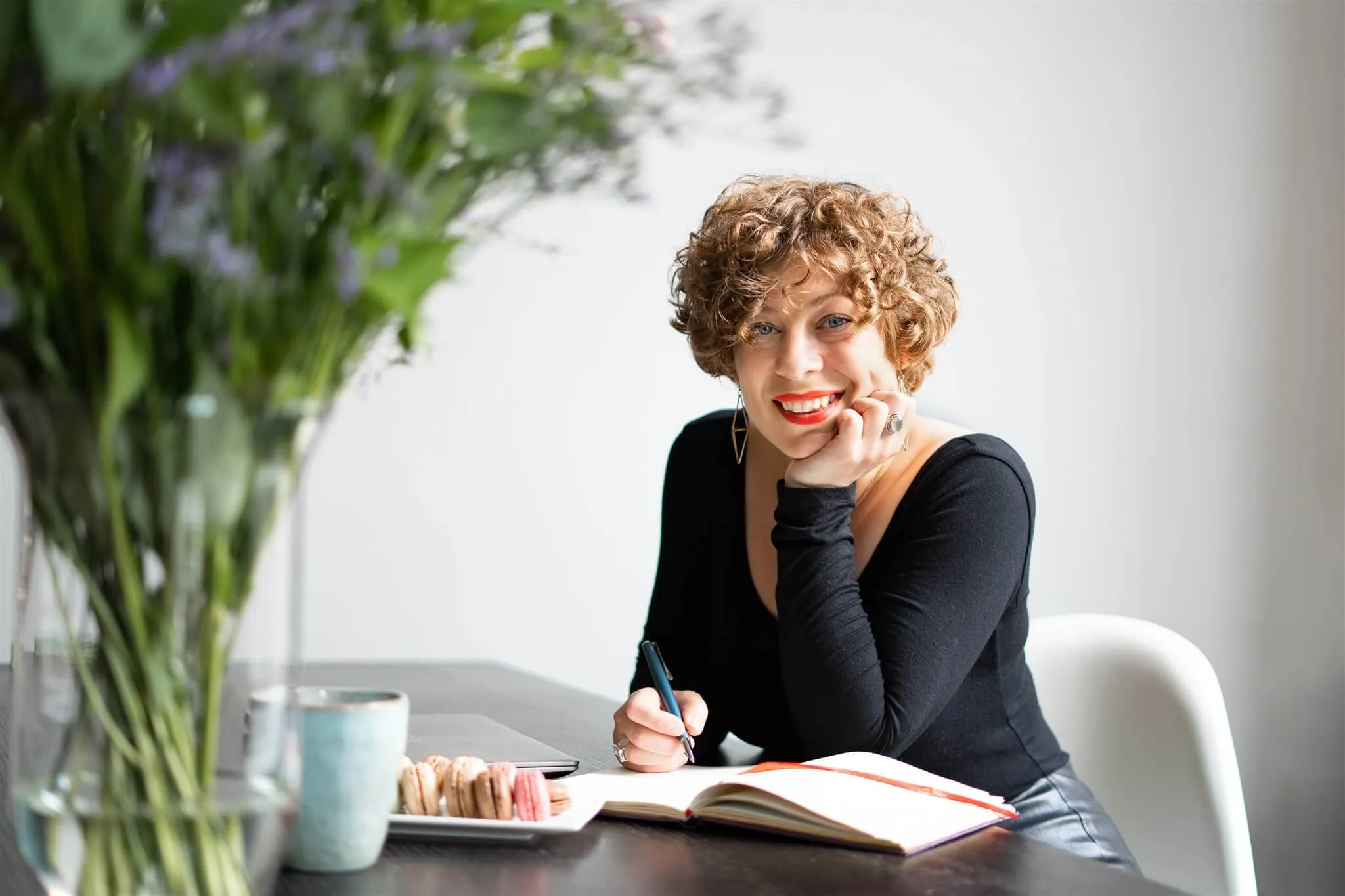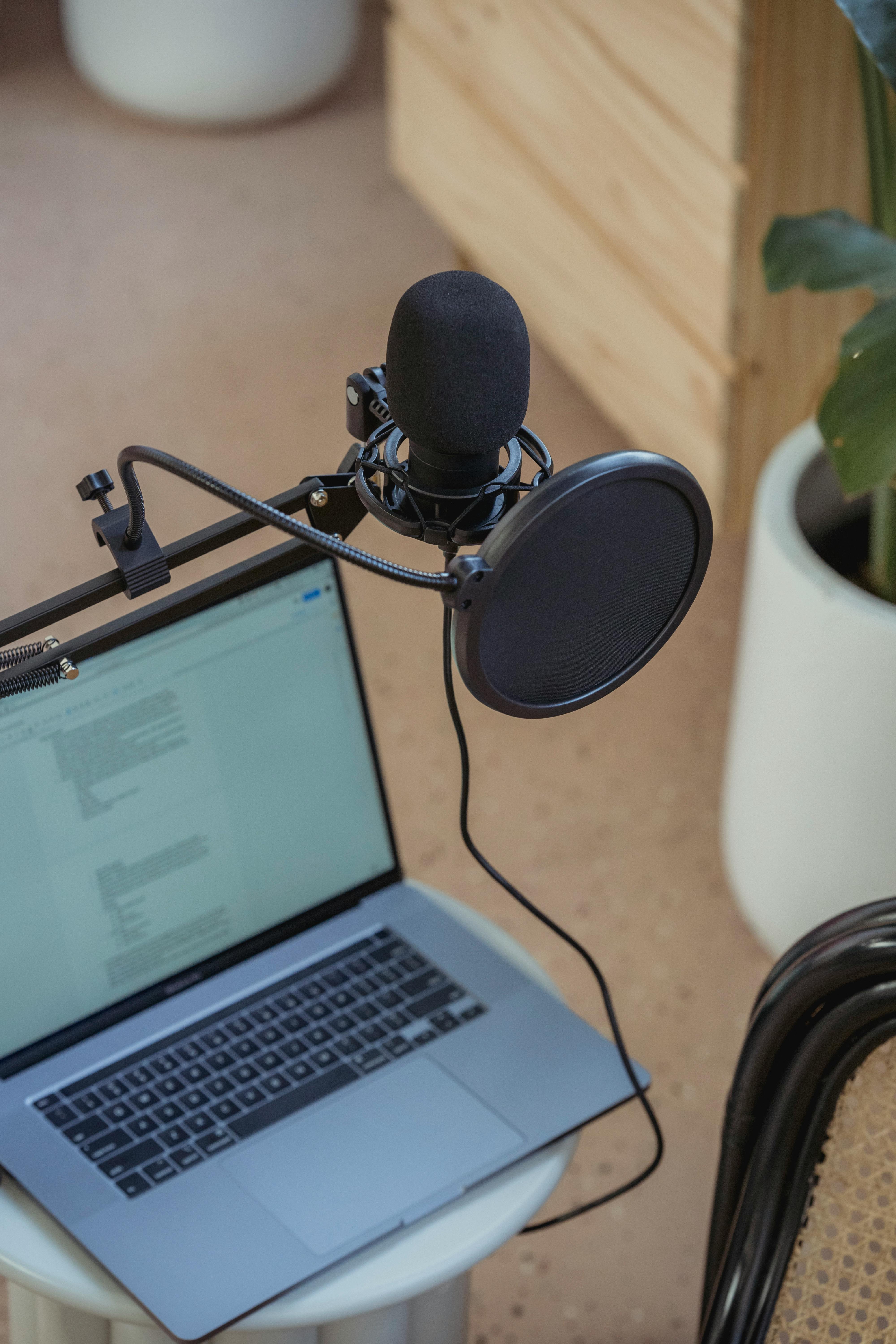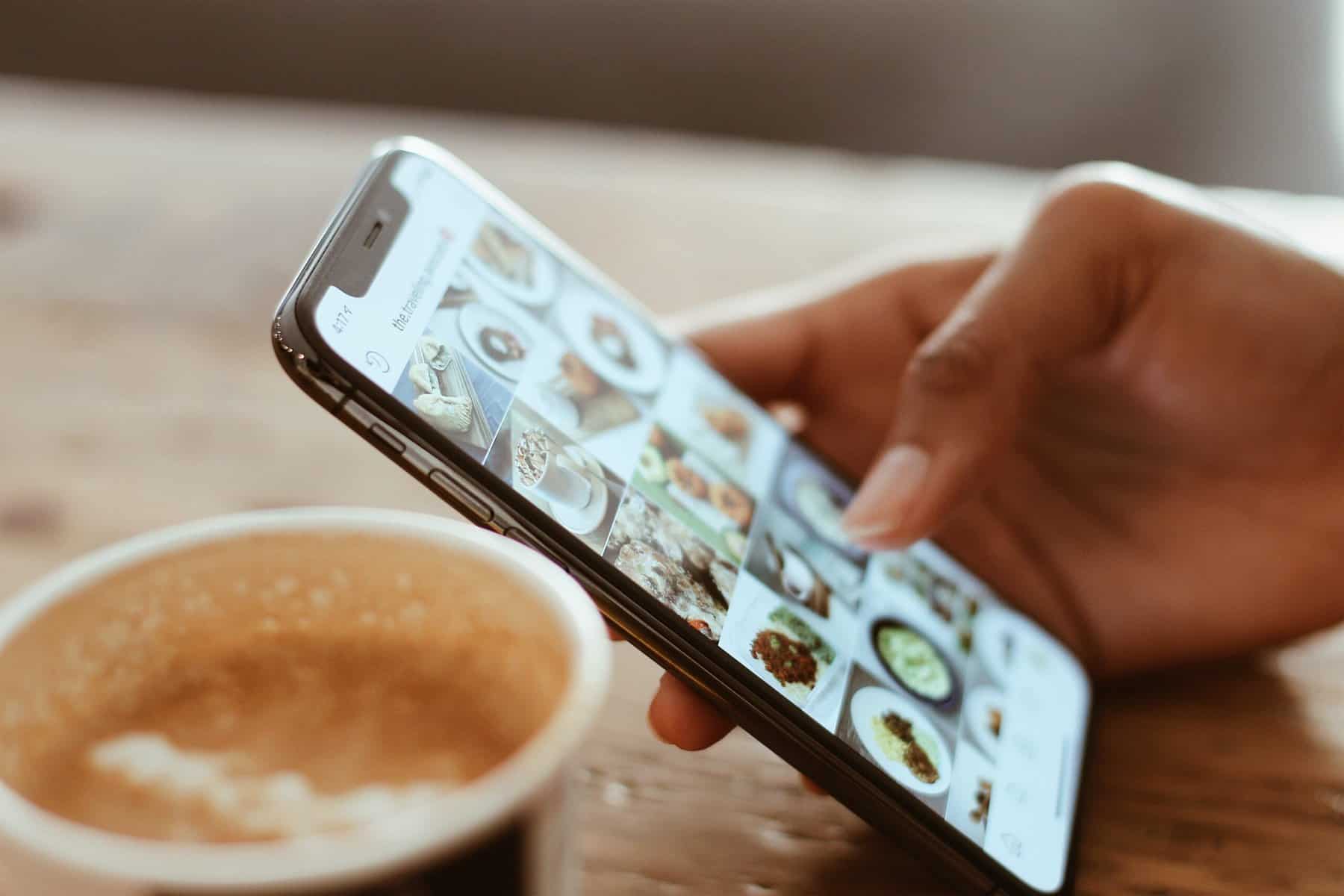Are you looking to start a meditation practice but don’t know where to begin? A 5-day meditation challenge is a great way to get started with developing a daily meditation practice. This blog post outlines a 5-day meditation challenge, with freely accessible videos to guide you through your first mindfulness practices.
Day 1: What is Meditation?
Meditation is a practice that trains your mind to focus and eliminate distractions. Over time, when practiced consistently, meditation helps reduce stress by increasing your concentration capacity. In other words, it helps regaining control of our minds and prevents spiralling into worry, anxiety, and confusion. After I started meditation about four years ago, I noticed that I found it much easier to not be affected by events that I did not have control over. Instead of letting my mind wander in negative spaces, I had more facility staying present, calm, and positive, even in challenging situations. This helps me take decisions that are more reflected and rational, instead of emotional.
In a nutshell, meditation is the exercise of trying not to think about anything. Of course, you will inevitably start thinking about something. Meditation is about noticing that and bringing your focus back on your practice, over and over again. Progressively you will realise that you are capable of “not thinking about anything” for longer and longer. To stay focused, you can try counting, concentrating on your breathing, or listening to the sounds surrounding you. Close your eyes and use your other senses to immerse yourself in your environment. To begin, I recommend following guided meditation videos, such as this one:
Day 2: How does meditation work?
Meditation affects the brain by increasing gray matter density in areas associated with memory, stress, and self-awareness. It also strengthens connections between brain regions. Additionally, meditation triggers relaxation responses, lowering heart rate, blood pressure, and cortisol levels. In “The Body Keeps the Score“, Dr. Bessel van der Kolk discusses the impact of trauma (big or small) on the brain and the potential healing from it through practices like meditation. Meditation activates the prefrontal cortex, which is responsible for rational thinking and emotional regulation. It also calms the amygdala, reducing the brain’s stress response. This is why meditation and other mindfulness practices can help individuals to process emotions, promote resilience, and alleviate symptoms like anxiety and PTSD. While not the sole focus of the book, “The Body Keeps the Score” highlights meditation’s role in reshaping the brain’s responses to stress and it’s the most mind-blowing book I’ve ever read.
Day 3: When and where should you meditate?
There is no right or wrong time to meditate. The best moment is the moment that works for you. Ideally, you should try to meditate on a daily basis for at least 5 min. This very small commitment will yield big rewards. If you do it consistently over one week, you should already see results. Over time, you can increase the length of your meditation sessions. I recommend choosing a quiet space in your home where you feel comfortable. Make it cosy. You can play relaxing sounds or a guided meditation. You can also try to meditate while doing a simple physical activity, for instance when washing the dishes, when ironing clothes, or when walking. Personally, I go into meditative mode every time I practice yoga, which is an active form of meditation. By focusing on my breathing and movement, I clear my mind of any thoughts, problems, or feelings which have been bothering me. Here is a 10-min meditation from a great app I highly recommend, Calm:
Day 4: How to know if you’re doing meditation right?
Again, it’s hard to draw a clear line on what a successful meditation practice looks like, because it’s different for everyone. However, based on my experience, I’ve noticed that meditation started having a positive impact on my mental health when I was capable of observing my thoughts rather than becoming them. When something sad or frustrating happens, I now have a habit of observing my emotional reaction and not letting it take too much importance. I will typically think “oh, interesting, I can see that I feel anger” instead of “I am angry”. It’s a skill that you will gain with meditation because it will help you notice your thoughts instead of being them. It’s important not to put any judgement on your thoughts or emotions. Therefore, I often follow by “It’s ok that I feel this way. I’m a human being with sensitivity that allows me to feel a very broad spectrum of things”. Later on, it can be beneficial to analyse why you are feeling this way. Being able to identify your emotions and understand why they arise is a self-reflective skill that will help you process deeply-rooted trauma and grow as an individual. Here is a guided meditation from a great thinker, Eckhart Tolle:

The 5 best books for personal growth
There is no better way of starting a new journey than by reading a book that can change your perspective forever. I have selected the five best books for personal growth. They will provide plenty of inspiration, fascinating science facts, and mind-blowing tricks on your journey to happiness and success.
Day 5: How does meditation affect relationships?
Meditation, when practiced regularly, can have a positive effect on your relationships. By teaching you to stay calm in challenging situations and to take more reflected decisions, it empowers you to become a better friend, partner, and family member. In situations of conflict, I used to avoid difficult discussions or to get very emotionally affected. Practicing mindfulness has helped me become more comfortable with big feelings and has taught me to respond to disagreements more effectively. I stay calmer and express myself more clearly, because I am used to processing my thoughts and have learned why they arise. Meditation helps to know yourself better and therefore allows you to show up as your true self.

Become the Best Version of Yourself
Discover free apps, books, websites, and YouTube channels to help you on your journey to success and happiness in my Growth Toolkit. It is a collection of resources to start or enhance your personal and professional growth journey whilst keeping your wellness in check, boosting confidence and critical thinking, as well as continuously expanding your skills and knowledge.



